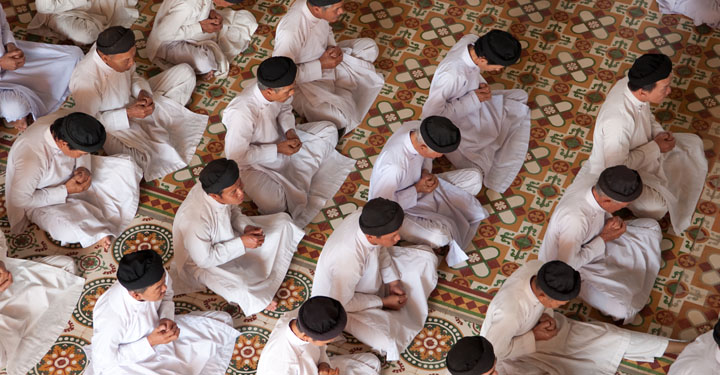CIFoRB was established in September 2015 to explore the critical and under-investigated potential of Parliamentarians in addressing the global threat to the Freedom of Religion or Belief (FoRB).

The Freedom of Religion or Belief can be promoted in many different ways. Our project focuses on working with Commonwealth Parliamentarians.
We recognise the unique role of Parliamentarians in the public life of parliamentary democracies, from initiating, scrutinising and voting on legislation, to holding governments to account and forming the pool of individuals from which governments are formed.
We believe Parliamentarians have the power and opportunity to speak on national and transnational areas of concern, the convening power to bring others together and provide leadership and, critically, have the platform to use their voice more boldly and more broadly than governments.
Through expert and interdisciplinary research, advocacy and education, we aim to deliver innovative research exploring the fundamental human right to the Freedom of Religion or Belief, the intersection of religion, politics and human rights; a Commission delivering expertise in these key areas; training courses for existing and aspiring Parliamentarians, and building a strong parliamentary profile.
Based in Westminster and the University of Birmingham, we combine academic rigour and expertise with political understanding to provide:
- Research into the current global challenges for the freedom of religion or belief.
- Support to identify specific opportunities, build strategies, and empower parliamentarians to bring about positive change.
- Training and development for young leaders so they too can speak out authoritatively to promote freedom of religion or belief.
CIFoRB is not affiliated with any particular religion or denomination. We are hosted by the Edward Cadbury Centre for the Public Understanding of Religion in the Department of Theology and Religion at the University of Birmingham. Some members of our staff and Advisory Board have religious convictions and others do not; we come from different backgrounds and traditions but we all share a commitment to the fundamental right to have, choose, change and manifest one’s religion or belief.